Supreme Court Hears Capacity Limit Challenge
The case heard before the court challenges an October 25% capacity limit order, and is seen as a possible re-hashing of the case that threw out the state's stay-at-home order in May.
December 17, 2020
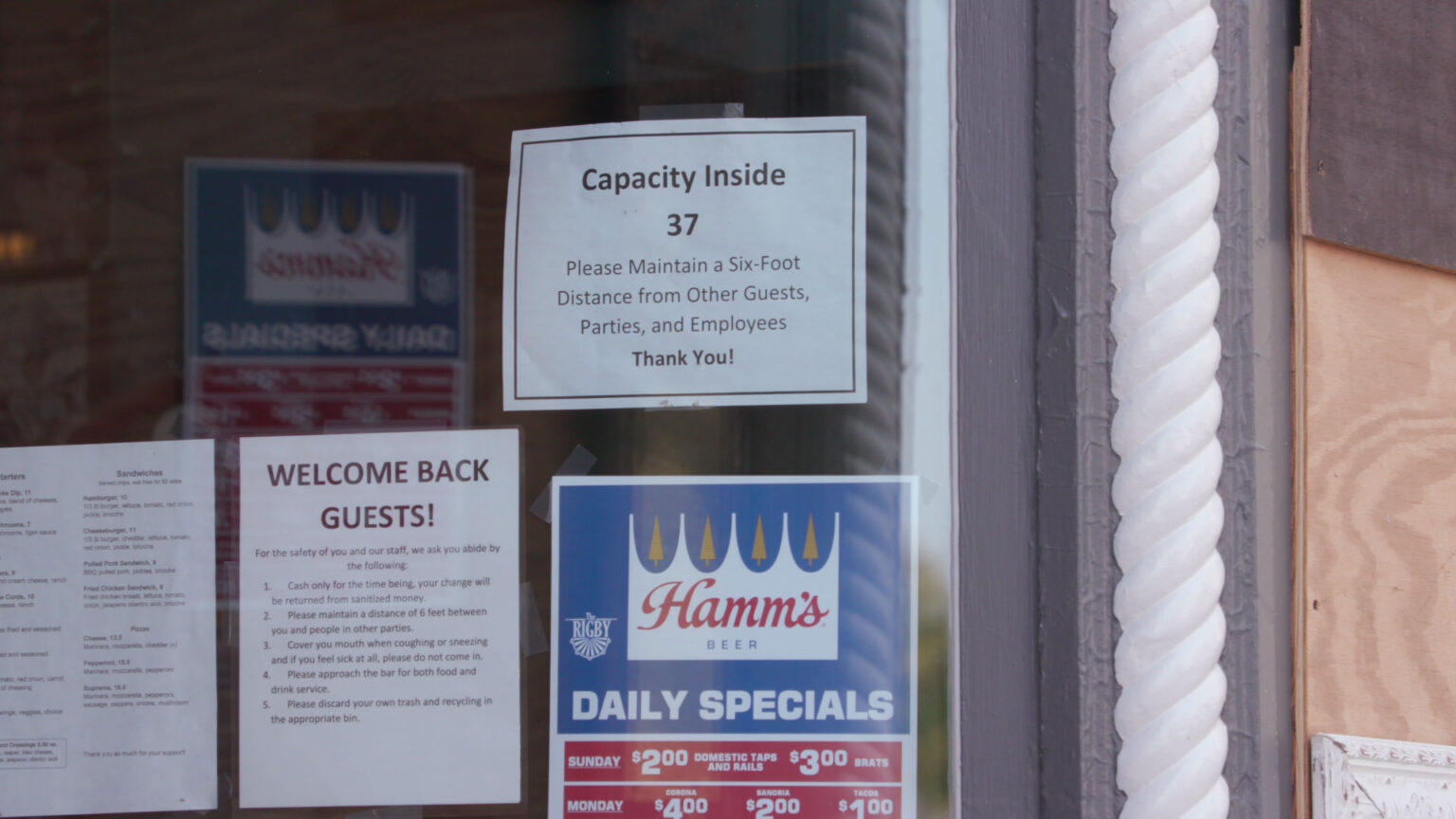
A sign showing the capacity limit of a store in Madison Oct. 9, 2020.
The Wisconsin Supreme Court relitigated whether the state can issue broad gathering restrictions during oral arguments held Thursday.
The case originated from a challenge brought by the Tavern League of Wisconsin to an October Evers administration order that limited indoor public gatherings to 25% capacity.
The justices largely viewed Thursday’s arguments as a referendum on the court’s earlier decision in Legislature v. Palm that struck down the state’s stay-at-home order—which ruled that such an order needed to go through the rulemaking process that has legislative oversight.
“Your argument makes a lot of sense and was a lot of the argument that was made in Palm,” Justice Rebecca Dallet said to the lawyer for the state. “We do have Palm though and Palm involved an order that had a public gathering restriction.”
The difference, according to lawyers for the Evers administration, draws from a footnote included in the Palm decision that upholds the ability of the state health secretary to close schools due to public health concerns.
They argued that the same state statute that allows the health secretary to close schools similarly allows the secretary to limit public gatherings. They said the October order differs from the spring stay-at-home order, which limited public and private gatherings.
The Supreme Court has a new makeup however, since it overturned the governor’s “Safer at Home” order. In the May decision, Justice Brian Hagedorn sided with the court’s two liberals in the 4-3 decision. Justice Jill Karofsky’s addition to the bench in August gave the court a larger 4-3 liberal minority, which means Hagedorn could swing the court if he sides with the liberal justices again.
The practical effects of the decision are largely symbolic however—the 25% capacity limit, which was scheduled to end Nov. 6, was temporarily blocked by a state appellate court. The court’s decision in the Tavern League case could still shape the state’s response to the pandemic as the governor and Republican-controlled state Legislature disagree on limiting gatherings.
“Given how close this is to what happened in Palm—you have statewide capacity limits, you have the same administrative agency, the same secretary designee, the same pandemic—I think that this would not be the case…that would flip the result from obviously what had occurred in Palm,” said Misha Tseytlin, the attorney for the plaintiffs challenging the capacity order.
The Evers administration did not extend the capacity limit after Nov. 6, meaning the only statewide pandemic-related order currently in place is a mask mandate the governor extended through mid-January.
Discussions related to another round of coronavirus response legislation are ongoing between the governor and Republican legislative leaders, but no consensus has been reached.
 Passport
Passport




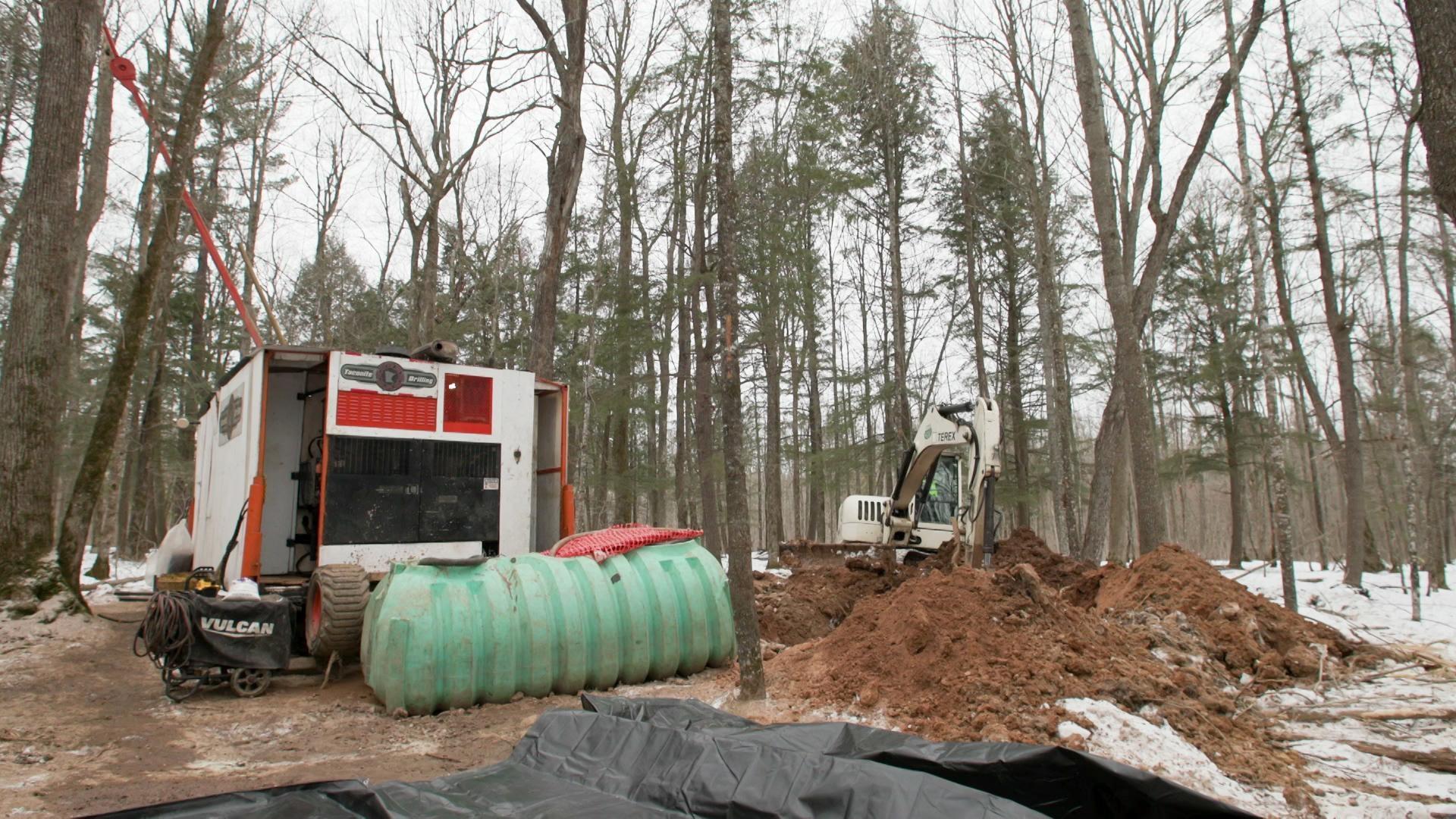
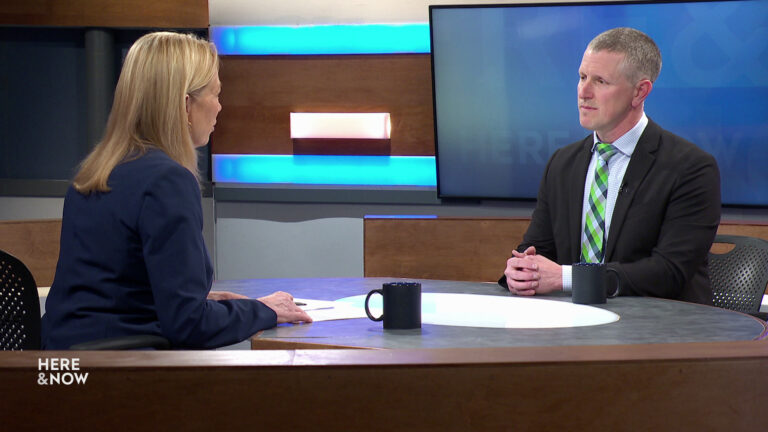
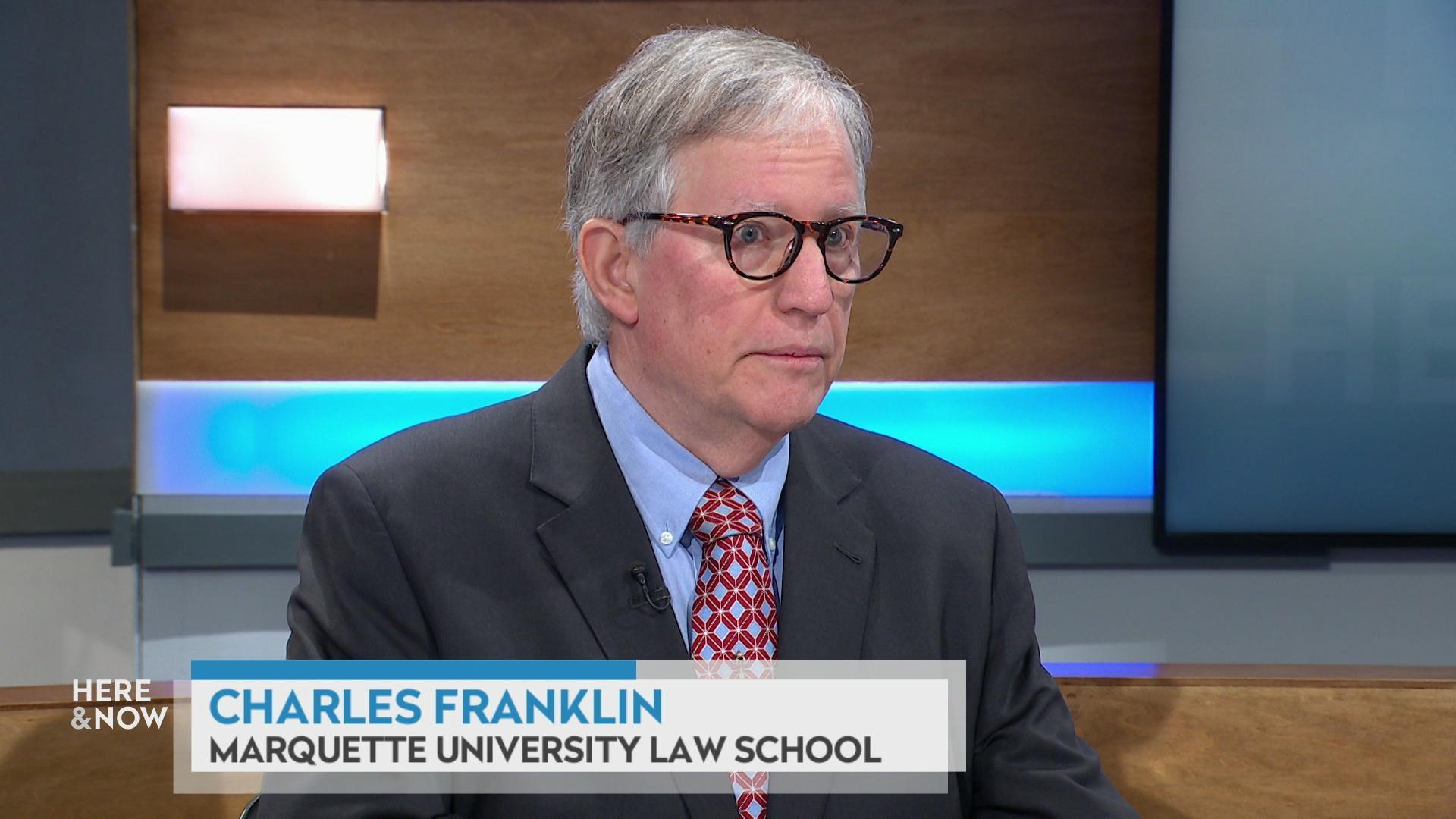
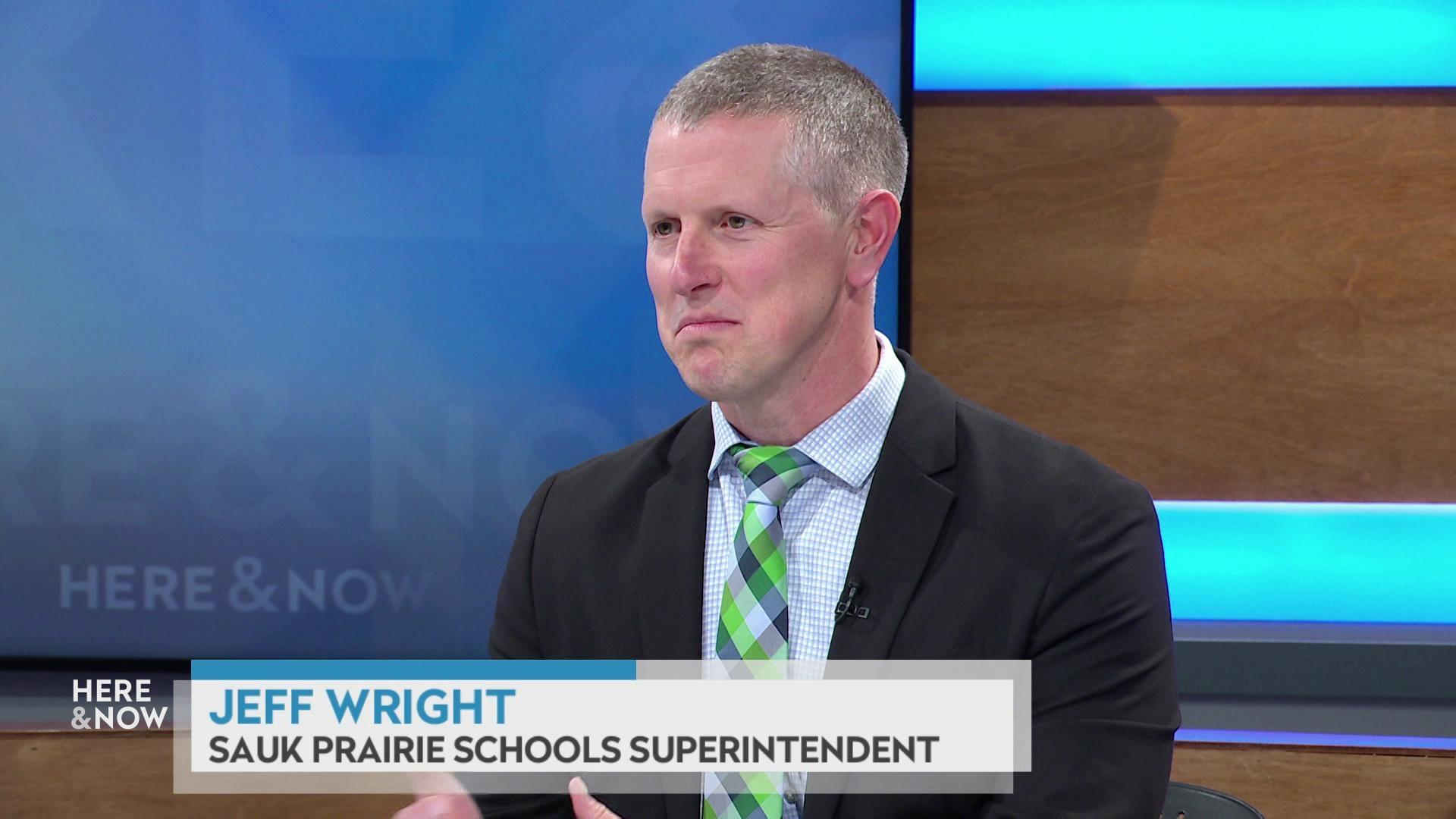
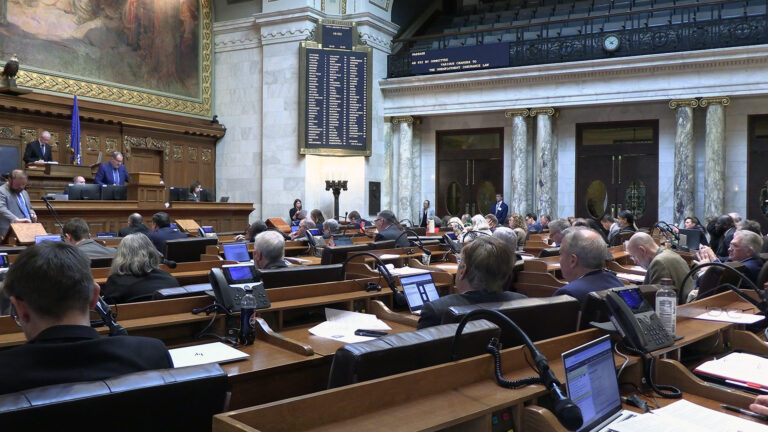


Follow Us